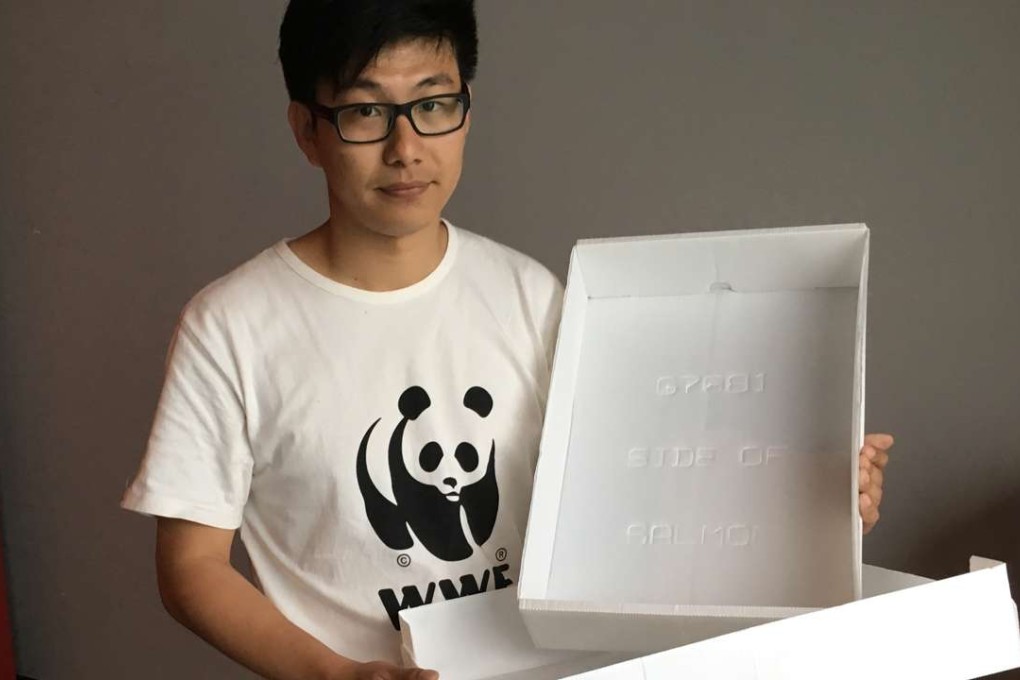Green group urges Hong Kong fishing sector to use new-style boxes to reduce marine rubbish
WWF-Hong Kong launches trial scheme with local fisheries representatives to use polypropylene boxes instead of foam items, which disintegrate easily in the sea

Could a different sort of plastic hold the answer to easing the city’s worsening marine rubbish crisis?
According to one green group, replacing some polystyrene materials with polypropylene might help ease at lease one major environmental headache – foam plastic storage boxes from fish markets that disintegrate in the water and get swallowed by marine life.
WWF-Hong Kong is launching a trial scheme with local fisheries representatives to use more sturdy crates made of cheap, lightweight corrugated plastic that does less ecological harm than foam.
Pollution from foam boxes used by the fisheries sector has long been a concern. Favoured for their sturdiness, cost, weight and insulation properties, the boxes are often laid out haphazardly at wholesale fish markets, where they can be broken down and blown into the sea.
Small fragments and pellets can also be washed into drains and out to sea.